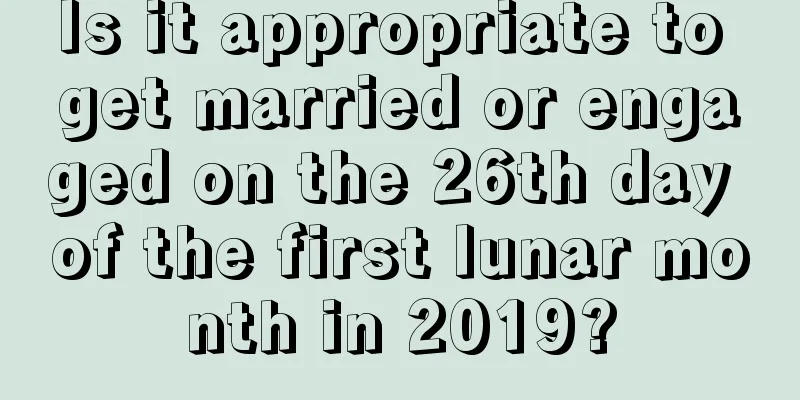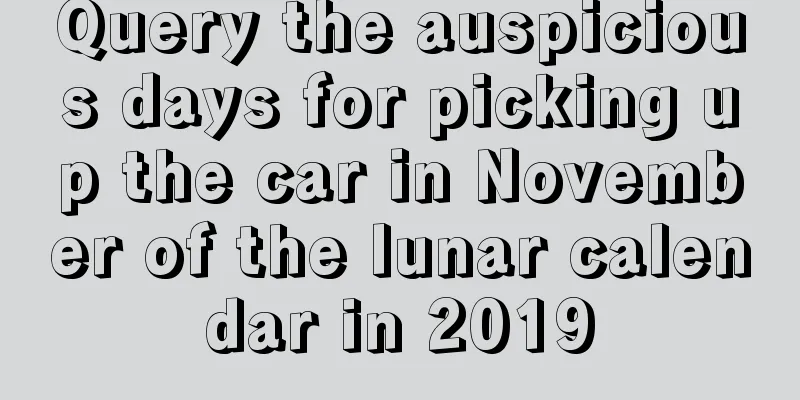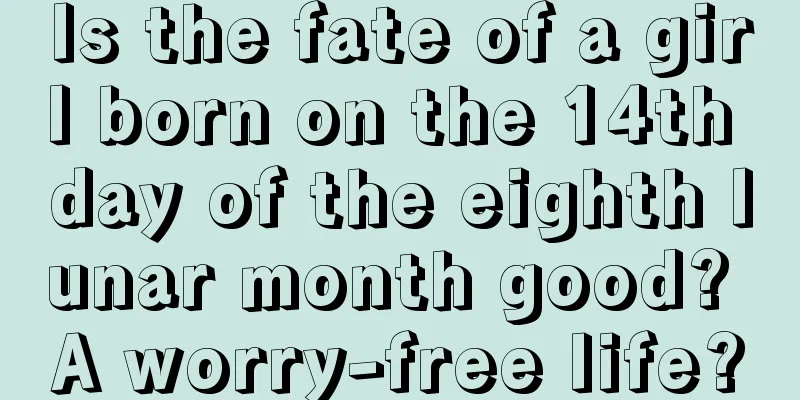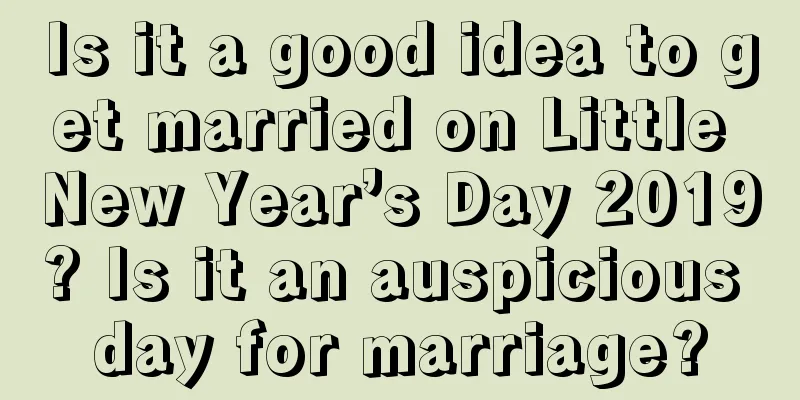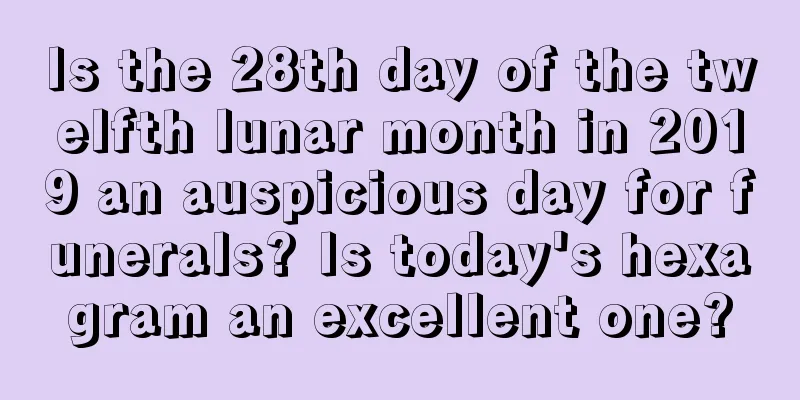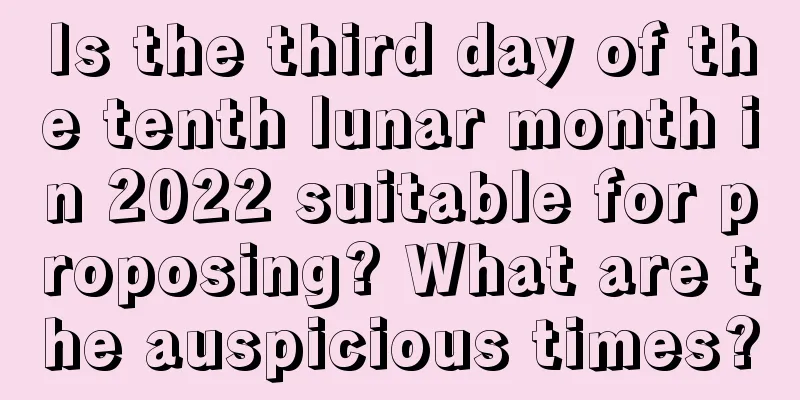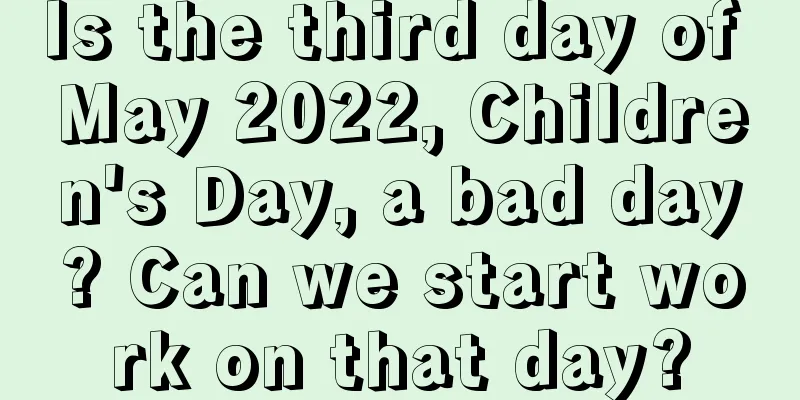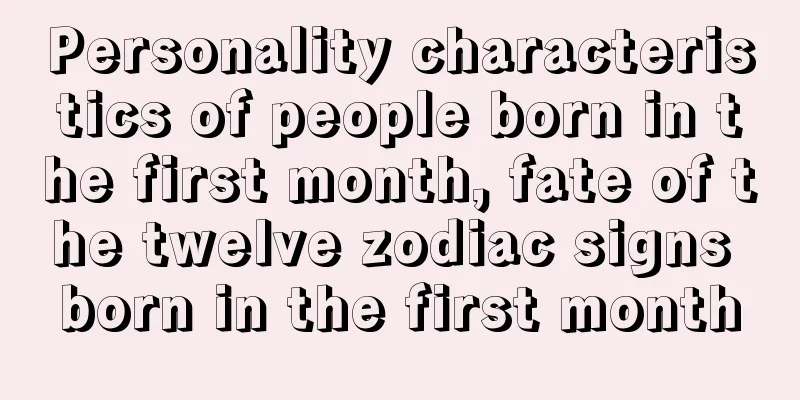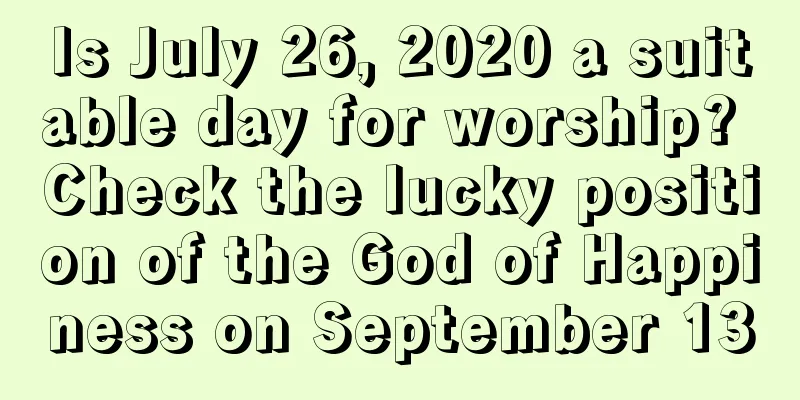What are the origins and customs of the Winter Solstice solar term, and what are the taboos of the Winter Solstice solar term?
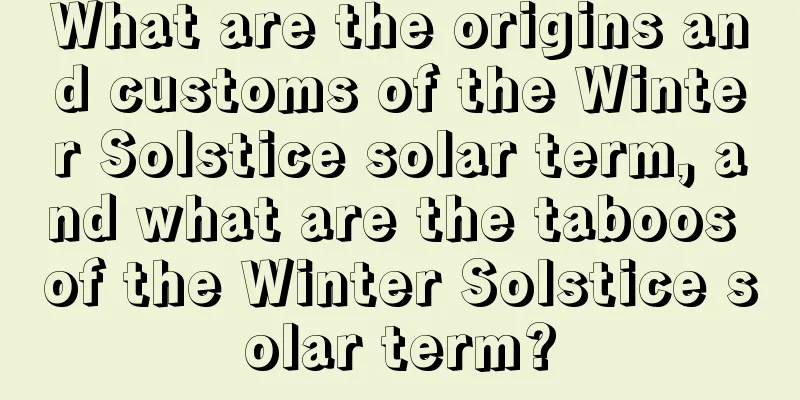
What are the origins and customs of the Winter Solstice solar term, and what are the taboos of the Winter Solstice solar term? "The Book of Rites: Monthly Ordinances" says: "The month of mid-winter is called Changyue." "Chang means full." Therefore, the eleventh month of the lunar calendar is also called Changyue. In this November of the lunar calendar 2020, Mr. Shui Mo will spend a happy month with you.The Origin and Customs of the Winter Solstice——Origin of Winter Solstice:The Winter Solstice festival originated in the Han Dynasty, flourished in the Tang and Song dynasties, and has been passed down to this day. There is even a saying in "Qing Jia Lu" that "Winter Solstice is as important as New Year's Day", which shows that the ancients attached great importance to the Winter Solstice. People believed that the Winter Solstice was the natural transformation of yin and yang and a blessing bestowed by God. The Han Dynasty regarded the winter solstice as the "Winter Festival". The government would hold a celebration ceremony called "Hedong" and take routine holidays. There is such a record in "Book of the Later Han": "Before and after the winter solstice, gentlemen rest themselves and rest, officials stop working and do not attend to government affairs, and choose auspicious days to do things." So on this day, the court would take a holiday to rest, the army was on standby, the border fortresses were closed, businesses and travelers stopped operating, and relatives and friends would give each other delicious food and visit each other, happily spending a holiday of "resting themselves and resting." ——Winter Solstice Customs: South <br /> Many places in southern China celebrate the winter solstice. Many coastal areas in the south have the traditional custom of worshiping ancestors during the winter solstice. Every household places ancestor statues and tablets in the upper hall of their home, sets up an offering table, and arranges incense burners and offerings. While offering sacrifices to their ancestors, some places also offer sacrifices to the gods of heaven and land, and kowtow to the gods to pray for good weather, family harmony and prosperity in the coming year. North <br /> In many areas of northern China, there is a custom of eating dumplings on the winter solstice every year. According to legend, when the medical saint Zhang Zhongjing retired and returned to his hometown, he saw people suffering from the cold. He used mutton, some cold-relieving herbs and dough to wrap them into the shape of ears, made a medicine called "Quhan Jiao'er Soup" and gave it to the people. Later, every winter solstice, people imitated the dish and made it, and it became a custom. In most parts of northern my country, people eat dumplings on this day because dumplings are meant to "get rid of the cold." There is still a folk saying that goes, "If you don't eat dumplings on the Winter Solstice, your ears will freeze off and no one will care." What are the taboos during the Winter Solstice?In Hangzhou, Zhejiang, it is taboo to sweep the floor on the winter solstice. Locals will sweep the floor inside and outside the house on the night before the winter solstice, which is called "sweeping the floor of the previous year".The elderly and children in Huzhou have to go to bed early. It is said that the night of the winter solstice is when the yin energy is the heaviest, while the elderly and children lack yang energy and must avoid it, otherwise it will be unfavorable. People in Henan province avoid eating dumplings during the winter solstice, as otherwise their ears will freeze off and it will be bad for the harvest. As the proverb goes: "If you don't eat dumplings during the winter solstice, there will be no wind to thresh the crops." It is a bad omen to have no rain in Hubei area. The proverb says: "If there is no rain at the Beginning of Winter, wait for the Winter Solstice; if there is no rain at the Winter Solstice, the whole winter will be sunny." It means that there will be a severe drought in the coming year. In Shaoxing, Zhejiang, it is taboo to curse, quarrel, or say unlucky words during the winter solstice. In Langwan, Yunnan, slaughtering animals is forbidden, and people in mourning are not allowed to enter the house. Everyone's destiny is different, and perhaps it has been determined on the day we were born. But luck is always changing. Do you want to know when your luck will be good? Then take a look at the [Excellent Calculation] below, and may you have peace and happiness in your life! |
Recommend
When is Women's Day in 2021? What day is it? Is it an auspicious day?
International Women's Day is a festival for wo...
Can I have a caesarean section on the tenth day of the eleventh lunar month in 2021? Is it an auspicious day?
The eleventh month of the lunar calendar is the se...
Is it auspicious to get engaged the day after Laba Festival in 2020? Is the hexagram on January 3rd an excellent one?
Introduction: Different days have good and bad luc...
Can I go to worship my ancestors on the twelfth day of the sixth lunar month in 2019? Is it auspicious to do so today?
Introduction: Sacrifice is an important folk activ...
Is October 11th of the lunar calendar in 2017 suitable for burning incense and praying?
Introduction: There will be many people burning in...
Is it good for people to be born on the night of the Ghost Festival? Do people born on Ghost Festival have the ability to see ghosts?
The Zhongyuan Festival is also known as the Ghost ...
What is the solar term after Xiaoman? Is it good or bad if it rains during Xiaoman in 2019?
China's 24 solar terms represent different cli...
Is it possible to get engaged or married on the second day of the fifth lunar month in 2018?
According to the 24 solar terms, the fifth month ...
What is the legend of Samantabhadra Bodhisattva's birthday on February 21st of the lunar calendar?
Introduction: The atmosphere of the Spring Festiva...
What day is October 8th in the lunar calendar 2019?
What day is October 8th in the lunar calendar 201...
Can I get married or engaged on August 12 of the lunar calendar in 2020? Is it an auspicious day?
The eighth month of the lunar calendar is halfway...
Will colleges and universities be on holiday for National Day in 2020? Do I need to be quarantined when returning to school? Is it a good idea to move on October 2?
Introduction: National Day is a holiday celebrated...
Is it a good idea to go to the 4S store to pick up the car on the second day of the twelfth lunar month in 2019?
Is it a good idea to go to the 4S store to pick u...
Is the fate of a child born on August 21st of the lunar calendar good or bad? How's your luck?
Introduction: The birth of a child is a joyous eve...
Is December 23, 2021 Little New Year? Is it suitable to install the gate on the day of Xiaonian?
The twelfth month of the lunar calendar is the las...
